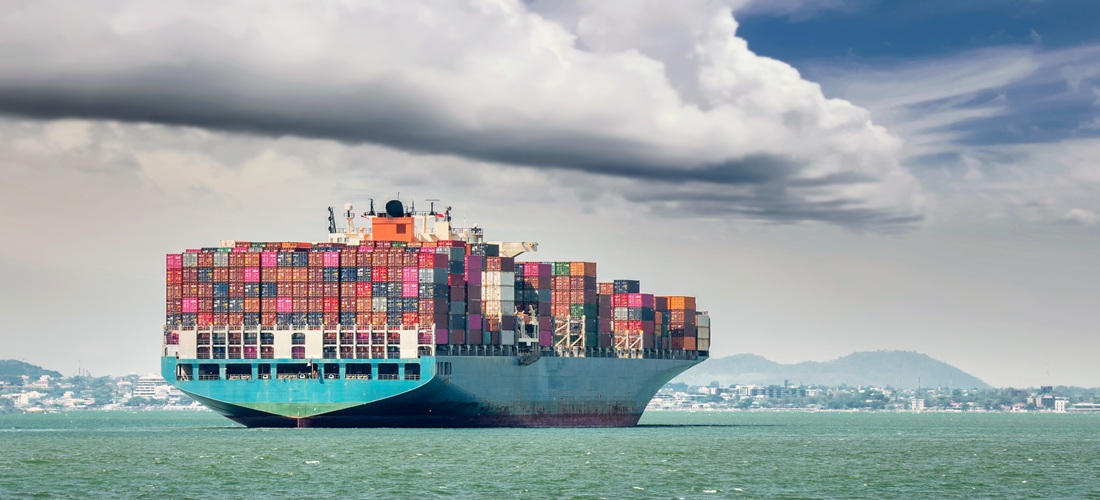
Bill Proposes Changes to Brazil’s Cabotage Rules, Raising Concerns in the Private Sector
Dec, 23, 2024 Posted by Denise VileraWeek 202449
A new bill under consideration in Brazil’s Chamber of Deputies proposes significant changes to the cabotage navigation laws—domestic maritime transport between national ports. The key alteration would require shipping companies to own a fleet of vessels under the Brazilian flag, particularly tankers. According to the private sector, this measure increases risks and legal uncertainty, jeopardizing the current and future domestic cargo transport business.
The Bill (PL) 1,319/2024, authored by federal deputies Jandira Feghali (PCdoB-RJ) and Alexandre Lindenmeyer (PT-RS), seeks to amend three key pieces of legislation: the Cabotage Law (BR do Mar – 14,301/2022), which is still undergoing regulatory implementation; the Waterway Transport Law (9,432/1997); and the Waterway Traffic Safety Law (9,537/1997). According to the authors, the proposal aims to protect the national maritime fleet and strengthen the naval production chain and the Brazilian-flagged Merchant Navy.
Legislative Process and Impacts
The bill has been forwarded to the committees on Labor, Foreign Relations and National Defense, Transport, Finance and Taxation, and Constitution, Justice, and Citizenship in the Chamber of Deputies. If approved conclusively, it would bypass a plenary vote.
Deputy Carlos Veras (PT-PE), the bill’s rapporteur in the Labor Committee, held a public hearing earlier this month to discuss the topic. As of this publication, he had not responded to requests for comment.
Key Proposed Changes
The bill suggests that Brazilian shipping companies approved under BR do Mar, with their operational fleets, may charter (lease) vessels from foreign subsidiaries for up to 36 months. These vessels must have a Brazilian commander, chief engineer, cabotage master, and machinery operator, and two-thirds of the crew must be Brazilian citizens.
Chartered vessels operated by companies with their fleets would fall under a temporary admission regime, exempting them from the requirement to register an import declaration and suspending federal tax payments.
Private Sector Criticism
The private sector, particularly coastal shipping companies, views the proposal as a setback. Luís Fernando Resano, executive director of the Brazilian Association of Cabotage Shipowners (Abac), argues that the measure undermines the progress made by Law 14,301/2022 (BR do Mar), which was designed to stimulate cabotage by allowing companies to operate without owning their ships.
“The BR do Mar enabled the creation of companies that operate without owning a fleet. They want to reverse this, creating enormous legal uncertainty for existing and future companies. A ship has a 25-year lifespan and costs around $46 million. This proposal discourages new investments and compromises the sector’s stability,” Resano said.
He noted that two companies have been established without their fleets since BR do Mar was implemented, emphasizing the importance of flexibility for the growth of cabotage. “If the law is changed, how can companies plan and operate with long-term stability?” he questioned.
The sector is closely monitoring the progress of congressional discussions, considering the potential impact of the proposed changes on the competitiveness and development of maritime transport in Brazil.
Source: A Tribuna
-
Trade Regulations
Nov, 22, 2024
0
Market access in Peru for Brazilian gelatin and collagen exports
-
Commodities
Jan, 02, 2025
0
Commodity Exports Lead at Port of Santos, While EPZs Offer Potential Shift
-
Shipping
May, 15, 2020
0
Biggest challenges in current times is ensuring supply of containers for exports and space on ships
-
Ports and Terminals
Jul, 02, 2024
0
Pecém and Sines Ports forge strategic alliance for sustainable logistics corridors

